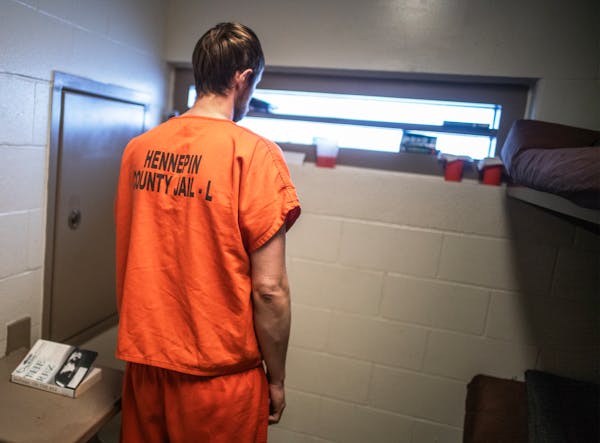It's hard to believe three colorful lights and pressing some buttons could save your life.
But founders of SafeKey, a device that can lock car engines if you fail that lights test, say that's what their company is all about.
The device tests drivers before they ever start their car by having them do a test that checks hand-eye coordination. As each light glows, drivers have to quickly press the button directly below it. The company claims the product will be able to prevent impaired driving and even help improve the behavior of individuals who are new drivers or have had drunk driving offenses in the past.
"It's a reaction test -- it's not testing for blood alcohol levels," said Jim Rennie, president and COO of SafeKey. "This is more of a preventative, voluntary device for people that have more inside of them instead of just alcohol. You're talking about people with fatigue, hypoglycemia, diabetes, marijuana, oxycontin and methamphetamine. These are things people are driving on."
The Edina company was founded after SafeKey CEO Tom Edwards received a DWI in 2007. Putting his engineering skills to use, he wanted to help prevent others from making the same mistake he had by creating a device different from the commonly used Breathalyzer, which checks for alcohol in the bloodstream, but still locked an engine if the driver failed.
SafeKey was officially launched that same year, but the product wasn't available until last year. Nearly 600 devices have been installed in cars -- many of them as part of beta tests -- and the four-employee company had $68,000 in revenue in the last year.
The target audiences are first-year drivers, teen drivers and people who have had a DWI.
Jim Cummings, founder of Minnesotans for Safe Driving, said SafeKey is different from its competitors. "This isn't imposing on you," said Cummings. "This is a decision you make to protect yourself. The other ones are for DWIs or when you want to get your license back, and this hopefully prevents all of that."
The company is revving up its marketing campaign soon with presentations to fleet bus and truck companies, driving schools and other businesses. A print advertisement campaign is also getting underway.
The company's marketing launch comes as tougher drunk driving laws go into effect July 1. The state is ordering repeat offenders to install an ignition interlock device that checks blood alcohol levels in their vehicles if they want driving privileges. The new law also increases the consequences for individuals driving with more than a 0.16 blood alcohol concentration -- twice the legal limit.
Rennie said that while SafeKey does not test blood alcohol concentrations, he's hopeful that after people are no longer governed by the state's ignition interlock program they will consider using SafeKey "as a reminder" and to help "change their behavior" should they try to drive impaired.
SafeKey costs $299.95 including installation or $499.95 if purchased with a global positioning system. The SafeKey with GPS, which is targeted at fleet companies, is scheduled for its national launch in August.
Rennie said the SafeKey with GPS is gaining interest among tour bus companies and truck fleets, whose drivers aren't necessarily impaired with alcohol or drugs, but with fatigue. The SafeyKey device not only tells company managers where its trucks are, but how the drivers did on the test. If a driver fails the test a certain number of times, which the company can specify, the engine will lock for an hour.
Wes Pemble, the director of safety and compliance at Minneapolis-based Jefferson Lines, said the bus company is considering SafeKey. Jefferson operates nationwide with nearly 100 drivers on the road.
"We're having conversations about how to best implement SafeKey here," Pemble said. "When you operate motor coaches, you're always concerned about accidents. We don't want any kind of those situations to occur here."
One issue is the engine locking, said Pemble. "The problem we have is that we're not sure that's what we want," Pemble said. "We don't want our drivers to drive fatigued, but if the engine locks, do we want to possibly have our passengers stranded in a snowstorm?"
Marissa Evans • 612-673-4211

Ramstad: In a tight labor market, job fairs have changed to find people on the margins
Boeing is on the verge of launching astronauts aboard new capsule, the newest entry to space travel

